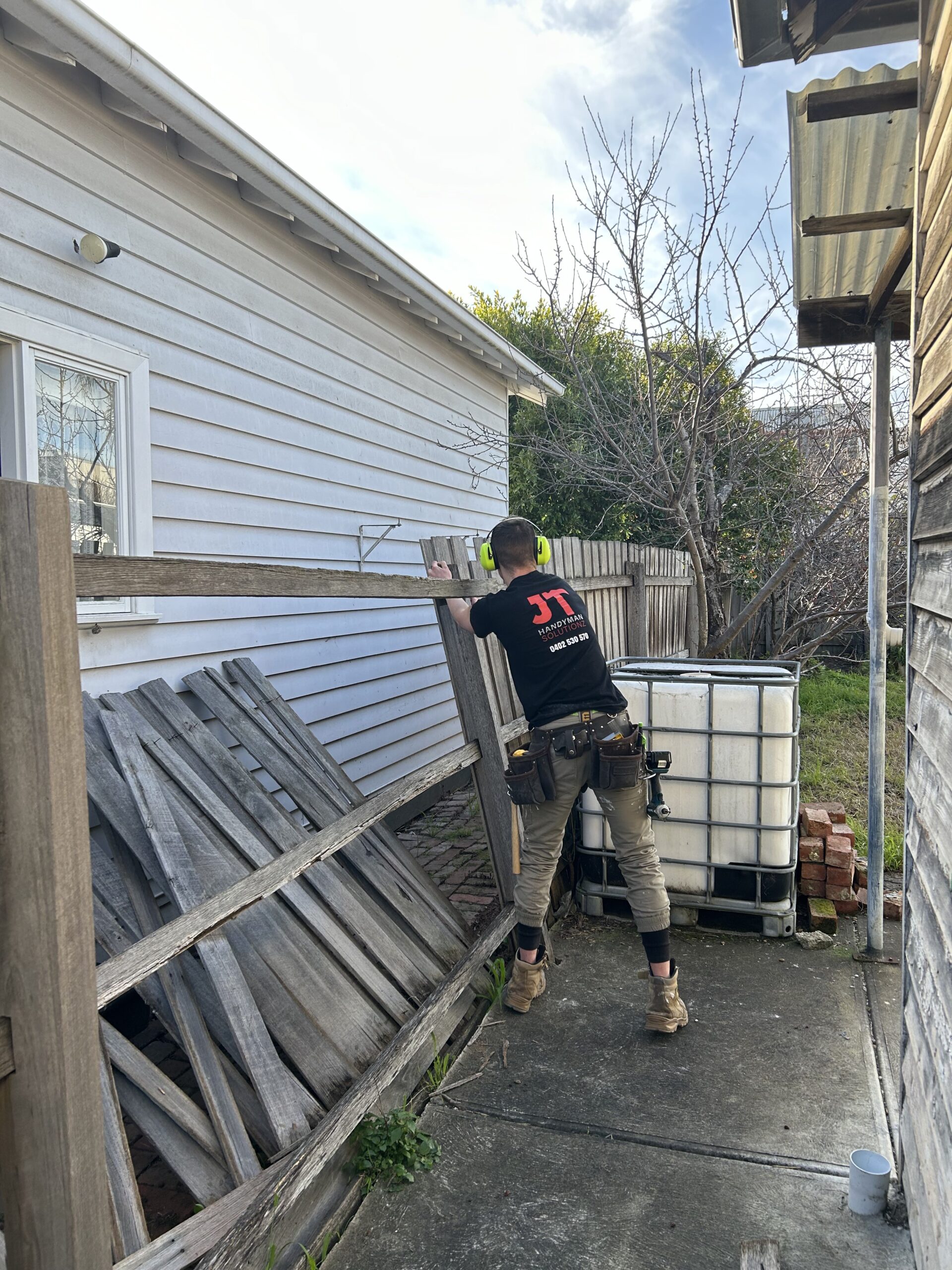Understanding Khula in Pakistan and Women’s Right to Dissolution of Marriage
Khula in Pakistan is a legal right granted to Muslim women under Islamic and Pakistani law to dissolve their marriage when living together becomes impossible or undesirable. Unlike divorce, which is initiated by the husband, khula is initiated by the wife. This process allows a woman to seek separation through a Family Court if reconciliation fails.
Under Khula Pakistani Law, a wife can request separation by surrendering her dower (mehr) or another agreed-upon amount to the husband. The right to khula is derived from Islamic principles and is recognized in the Pakistan Family Law, which ensures that women have equal access to legal remedies. The court prioritizes reconciliation efforts before granting the dissolution.
In modern Pakistan, khula has become a common and accessible legal route for women who face marital disputes, abuse, incompatibility, or neglect. The Khula Process in Pakistan ensures that both Islamic values and modern legal protections work together to safeguard women’s rights in marriage and divorce.
Step-by-Step Khula Procedure in Pakistan Through Family Court System
The Khula Procedure in Pakistan is clearly defined under the Family Courts Act 1964. The process begins when the wife files a khula suit in the Family Court located in her area of residence. Here’s a detailed breakdown of the steps involved in obtaining a legal khula:
- Filing of Khula Application: The wife submits a written khula application to the Family Court, explaining her reasons for seeking dissolution. This application must include personal details, marriage information, and the basis for khula.
- Issuance of Notice: The court issues a notice to the husband to appear and respond.
- Reconciliation Efforts: The judge will first attempt reconciliation between the spouses as per Khula Pakistani Law. If reconciliation fails after several attempts, the case proceeds further.
- Recording of Statements: The court records the statements of both parties, including witnesses if necessary.
- Decree of Dissolution: If the wife remains firm in her request, the court grants a Khula Decree and issues Khula Papers in Pakistan, which serve as official proof of the dissolution.
- NADRA Update: After receiving the decree, the marriage record in NADRA can be updated to reflect the dissolution.
This Khula Process in Pakistan usually takes between 3 to 6 months, depending on court workload, the husband’s cooperation, and document availability. It’s essential to have professional legal assistance to ensure a smooth process and compliance with Pakistan Family Law regulations.
Legal Rights, Documentation, and Importance of Khula Papers in Pakistan
After the court grants khula, the most important document is the Khula Papers in Pakistan. These papers serve as official evidence that the marriage has been dissolved according to the Khula Procedure in Pakistan and Islamic law. Without these papers, a woman cannot legally remarry or update her marital status in official records.
The Khula Papers in Pakistan typically include:
- The Family Court’s khula decree.
- Details of the marriage dissolution.
- Confirmation that reconciliation efforts were made.
- Verification that mehr or other settlements were resolved.
Under Khula Pakistan Family Law, once khula is finalized, both parties are legally separated, and the woman becomes free to remarry after observing the iddat period (usually 3 months). The husband cannot challenge Khula Papers in Pakistan after the decree, except through appeal on procedural grounds within the legal time limit.
Proper legal documentation ensures protection from future disputes regarding maintenance, property, or remarriage. Therefore, having an experienced family lawyer to handle paperwork and follow-up with the court is highly recommended.
Understanding Khula Fees in Pakistan and Khula Cost for Legal Dissolution
The Khula Fees in Pakistan vary based on location, lawyer experience, and case complexity. Generally, the Khula Cost in Pakistan can range from PKR 30,000 to PKR 100,000. This cost includes lawyer fees, court filing charges, and documentation expenses. However, if the husband contests the case or there are issues regarding mehr, custody, or property, costs may increase.
In some cases, low-income women may be eligible for legal aid through government or non-profit organizations that assist in family disputes. The Family Courts also ensure fair procedures regardless of financial background.
For overseas Pakistani women, the Overseas Pakistani Khula Law allows them to file khula through a legal attorney (via power of attorney) in Pakistan. This means that even if a woman lives abroad, she can still seek legal separation without being physically present in the country. Pakistani embassies and consulates can assist in notarizing documents and appointing a representative lawyer.
When comparing legal expenses across different cities, Khula Fees in Pakistan are typically higher in major cities like Karachi, Lahore, and Islamabad due to higher legal service costs. It’s advisable to consult a qualified family lawyer before proceeding to understand the total Khula Cost in Pakistan and possible settlement requirements.
Rights of Overseas Women and Guidance on Khula Process in Pakistan Law
For women living abroad, Overseas Pakistani Khula Law provides full access to the legal system in Pakistan through representation. Many overseas Pakistani women face challenges such as unresponsive husbands or emotional abuse, and khula serves as their legal protection. The Khula Process in Pakistan for overseas cases is straightforward if all documentation is correctly prepared.
The overseas khula process includes:
- Preparing a power of attorney attested by the Pakistani Embassy or Consulate.
- Hiring a lawyer in Pakistan to represent the case in Family Court.
- Submission of the marriage certificate (Nikahnama) and identity documents.
- Court proceedings and decree issuance in the absence of the wife (through her lawyer).
Once the Khula Papers in Pakistan are issued, they are valid internationally and can be used to update marital status in foreign countries, depending on local regulations. Pakistani family courts handle such cases with priority, especially if the wife faces harassment or threats.
This provision under Khula Pakistan Family Law empowers women worldwide to seek justice without facing unnecessary hardship. It shows that Pakistan’s legal framework supports women’s rights according to both Islamic and constitutional principles, ensuring that marriage is a partnership based on respect and mutual consent, not compulsion.
Conclusion: Legal Awareness and Empowerment Through Khula in Pakistan
In conclusion, Khula in Pakistan is a crucial legal and religious right that protects women’s dignity and freedom when a marriage cannot continue peacefully. The Khula Procedure in Pakistan under the Pakistan Family Law ensures justice through due process, reconciliation attempts, and fair settlement. With the support of qualified family lawyers, women can obtain their Khula Papers in Pakistan efficiently and lawfully.
Whether living in Pakistan or abroad, women can seek khula confidently under Khula Pakistani Law and Overseas Pakistani Khula Law, which prioritize fairness and protection. Understanding the Khula Process in Pakistan, related costs, and documentation can help women make informed decisions.
Ultimately, khula is not just a legal act—it’s a means of restoring peace, security, and respect in a woman’s life, aligning with both Islamic justice and Pakistan’s modern legal system.






